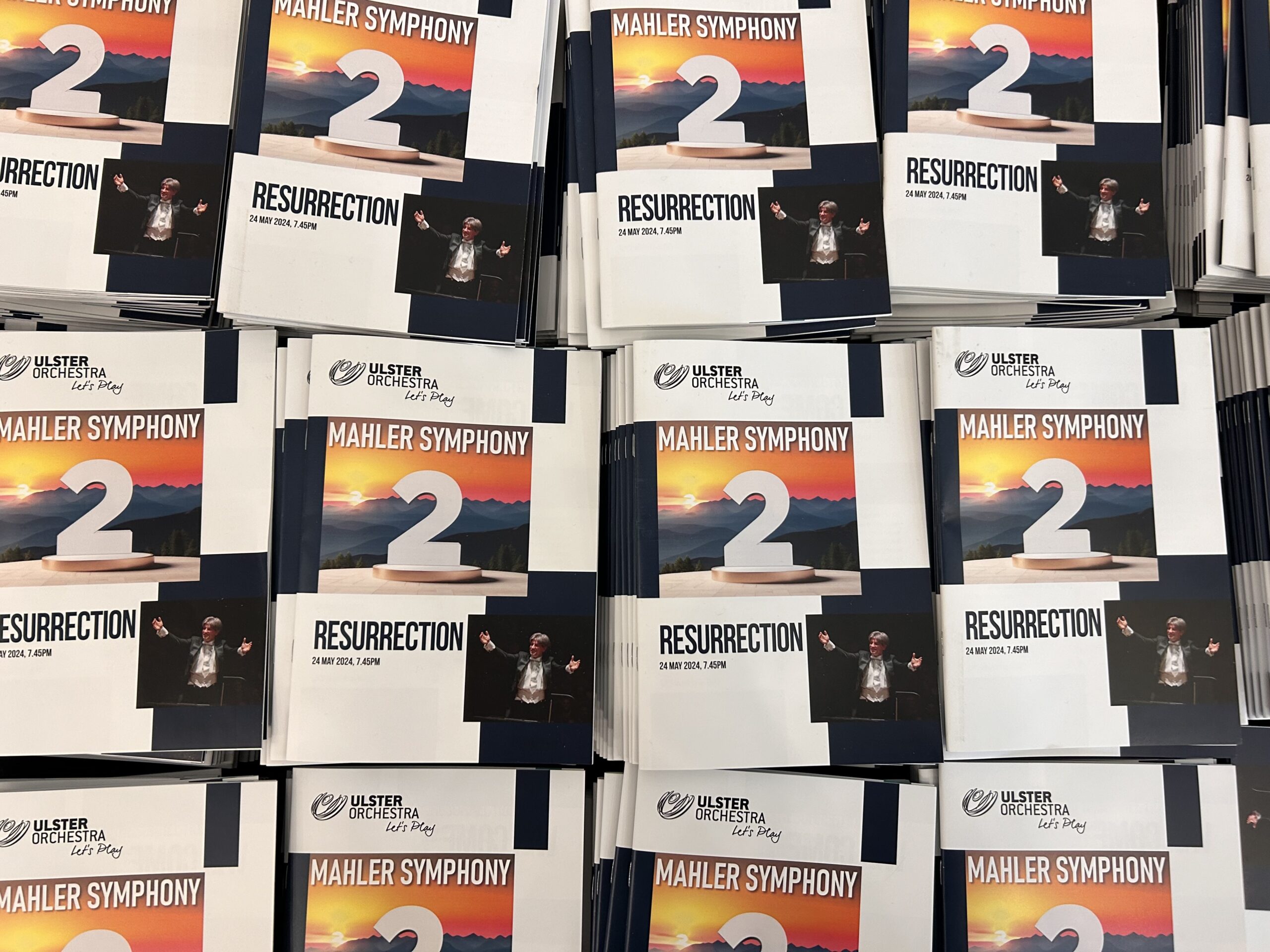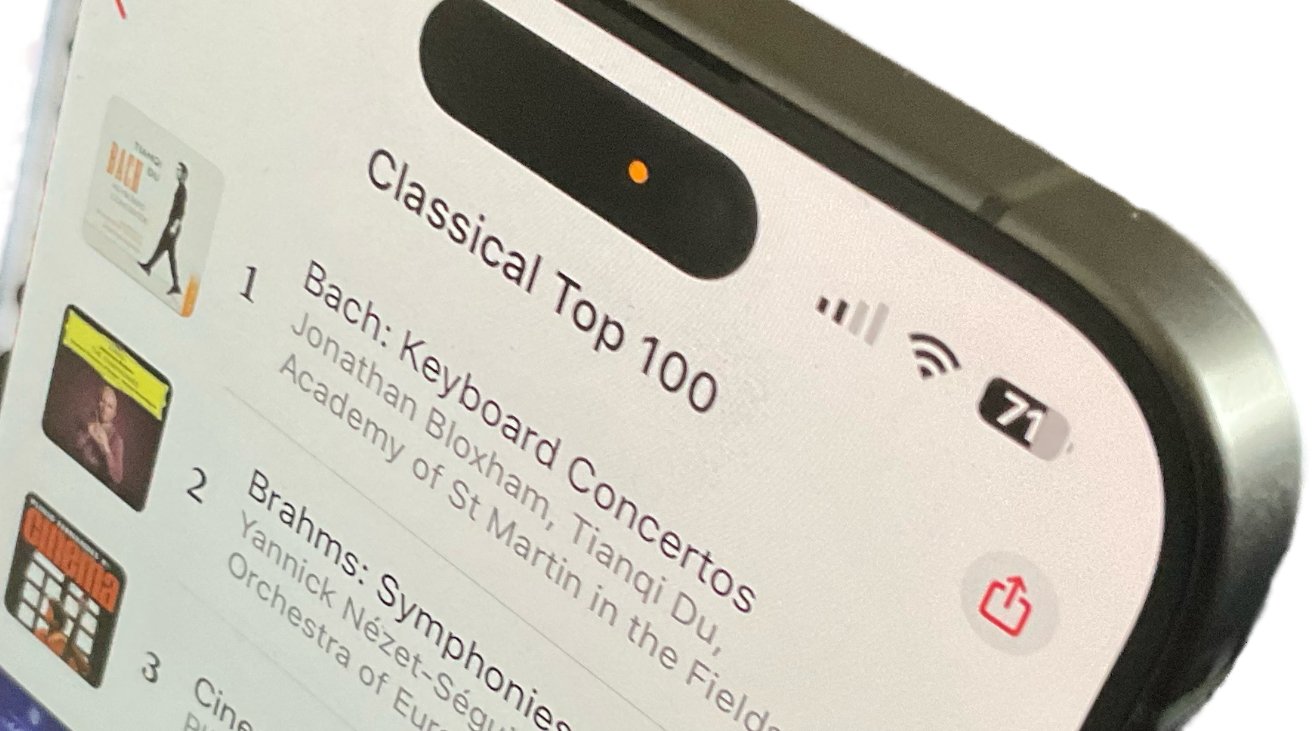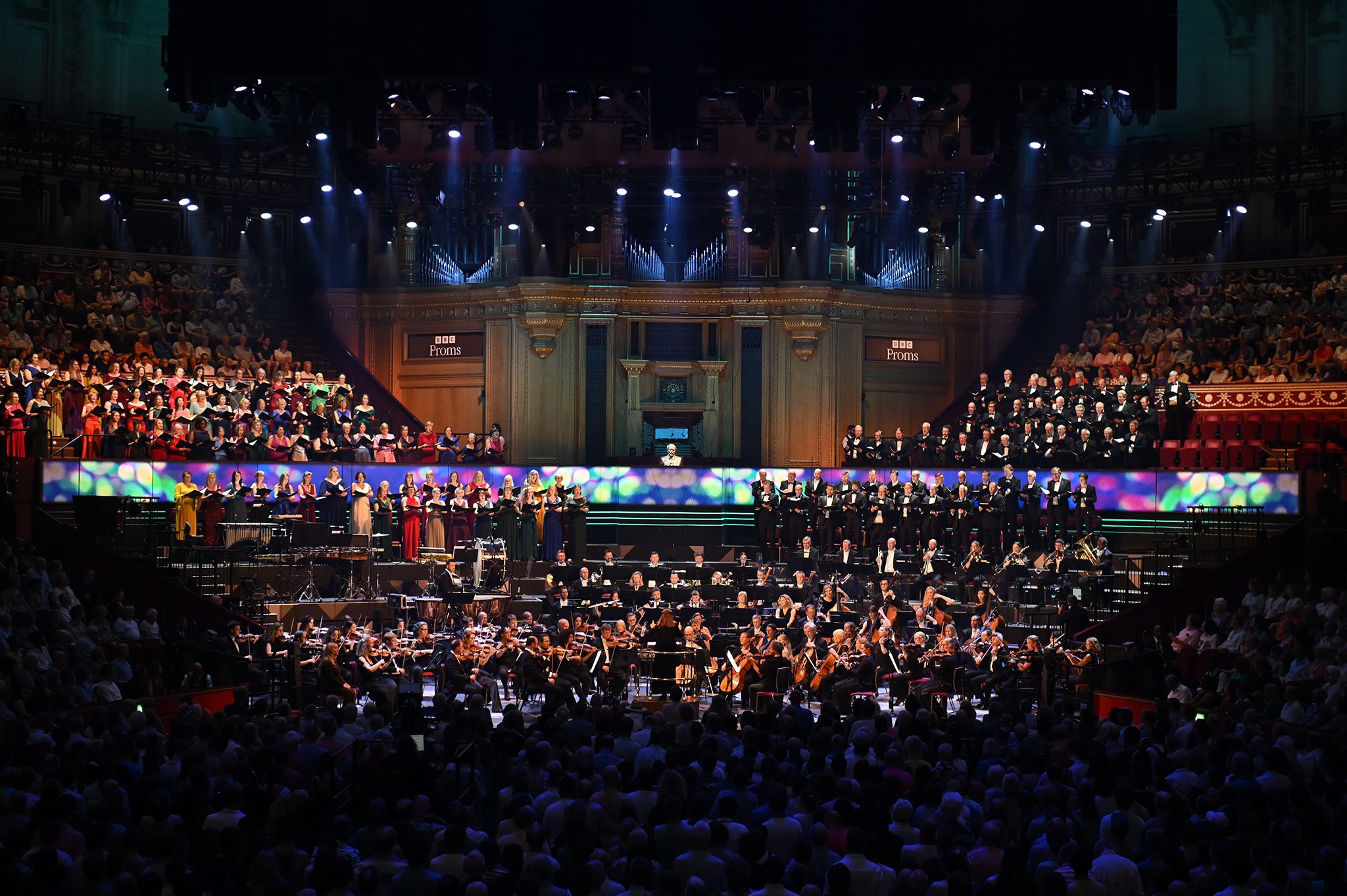Concluding the Ulster Orchestra’s 2023/24 season, conductor Daniele Rustioni commanded the Waterfront Hall podium, summoning multiple forces in Mahler’s epic and ever-popular Symphony No. 2.
A near capacity audience spanning generations contemplated Mahler’s musical statement on death, grief, and loss in a prompt and detailed reading that concluded with poignant solos from mezzo-soprano Kai Rüütel-Pajula and Ruby Hughes. Mahler’s pragmatic creative response inspired by the music he heard at the memorial of Hans with its ecstatic climax was transcendent.
The strings demonstrated a range of colours, the necessary amount of growling and barking, and a good deal of warmth and tenderness when the score so demanded. The second movement andante saw the section comfortably in its stride, realising Rustioni’s intentions deftly and supply. The five minute reflection in between first and second movements every bit as powerful as the music itself. Special mention to the trumpets and horns whose breath control was considerable throughout.
Rustioni expels tremendous energy on the platform, determinedly jumping and leaping, and gesticulating sharp lines and defined edges. Dynamic shifts in tempo were assured, and concluding pizzicatos in the first and second movements tantalising.
The final movement is longer than I ever remember, but the off-stage shenanigans holds attention, in particular the interplay between off- and on-stage flute and piccolo so close as to play with spatial awareness.

Ultimately, its the works length and the lack of an interval that makes this much-loved work an unexpected tonic today. There is so much detail in the score and the sound so all-encompassing that to lavish attention on it is a treat. There was a time maybe twenty years ago when the prospect of ‘having to’ commit to listening uninterrupted for 90 minutes was a daunting prospect, sufficient to put me off. I connected with Mahler’s symphonies listening to Rattle’s recordings with the CBSO, listening to all of them on a beach on the Spanish coast. I recall getting immersed in them. Now a 90-minute performance flies by, evidence of being in a flow state, no doubt. The onus is more on me in that transaction than it is on the performers or the work,easy to achieve last night even with two friends eagerly exchanging whispered observations with one another during the concert. Their conversation could have easily distracted me but they didn’t.
In this way, I do wonder whether given our current box-set binge culture it wouldn’t take much for performances of long-form works to become a new ‘trend’ amongst those seeking counter-experiences (in the same way that seeking out old SLRs as a reaction to digital has seen a resurgence in 35mm film). At least I’d like to think so.
The applause was warm, enthusiastic and unrelenting as a sated-looking Rustioni stepped off the podium, directing attention to soloists, chorus and individuals in the orchestra. Originally intended as a performance in the middle of Rustioni’s tenure as Chief Conductor, the ‘once in a generation opportunity’ to hear Mahler’s Symphony No.2 in Northern Ireland resonated with Belfast audiences who were reluctant to leave the auditorium before they’d shown their gratitude and appreciation for the Italian who has formed a strong connection with the city.
“It gets inside you and shakes you all up, doesn’t it?” said one elderly man to me as he shuffled along the row behind me towards the exit, his wife smiling politely. “And you’re a cold-hearted bastard if it doesn’t,” I added.



